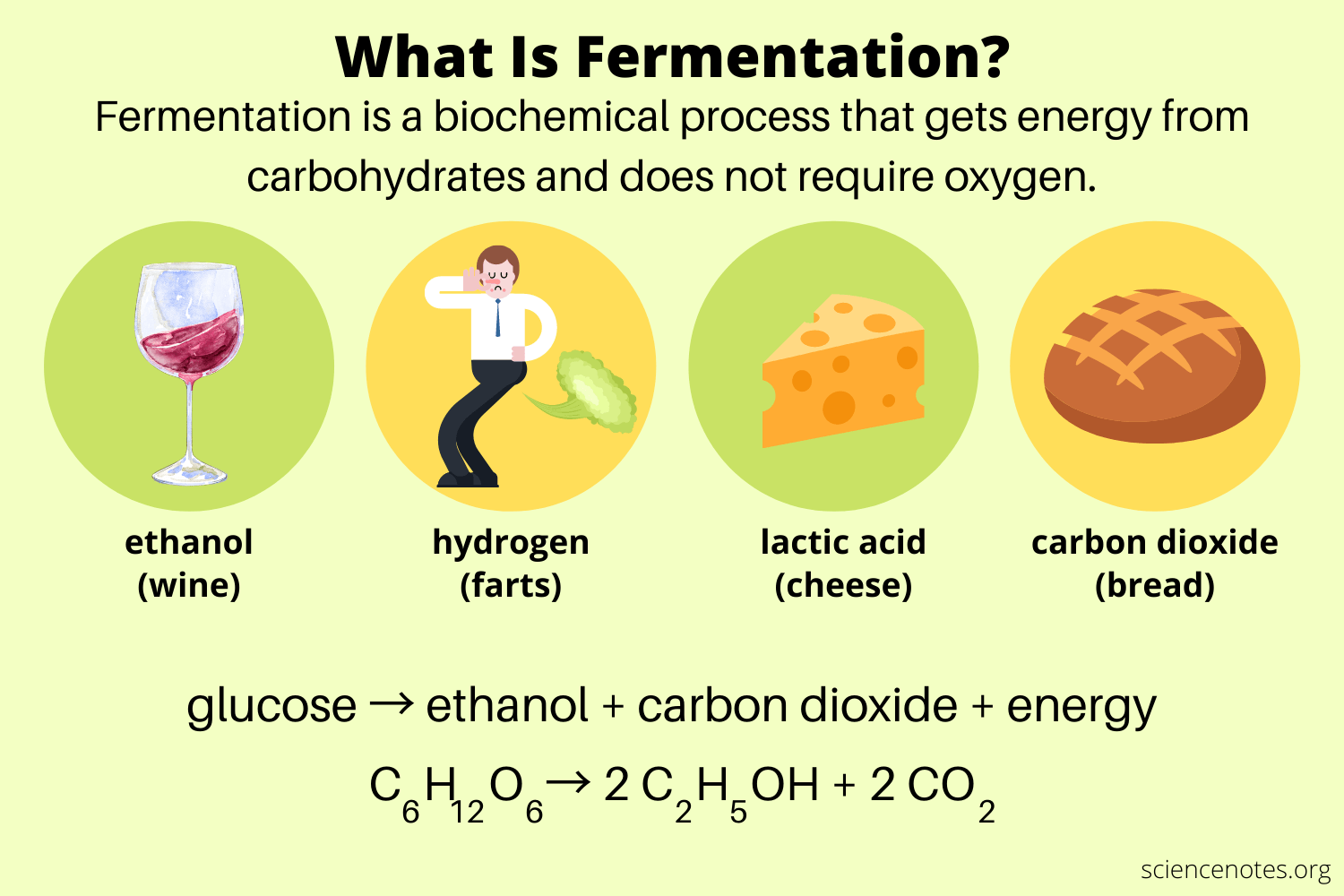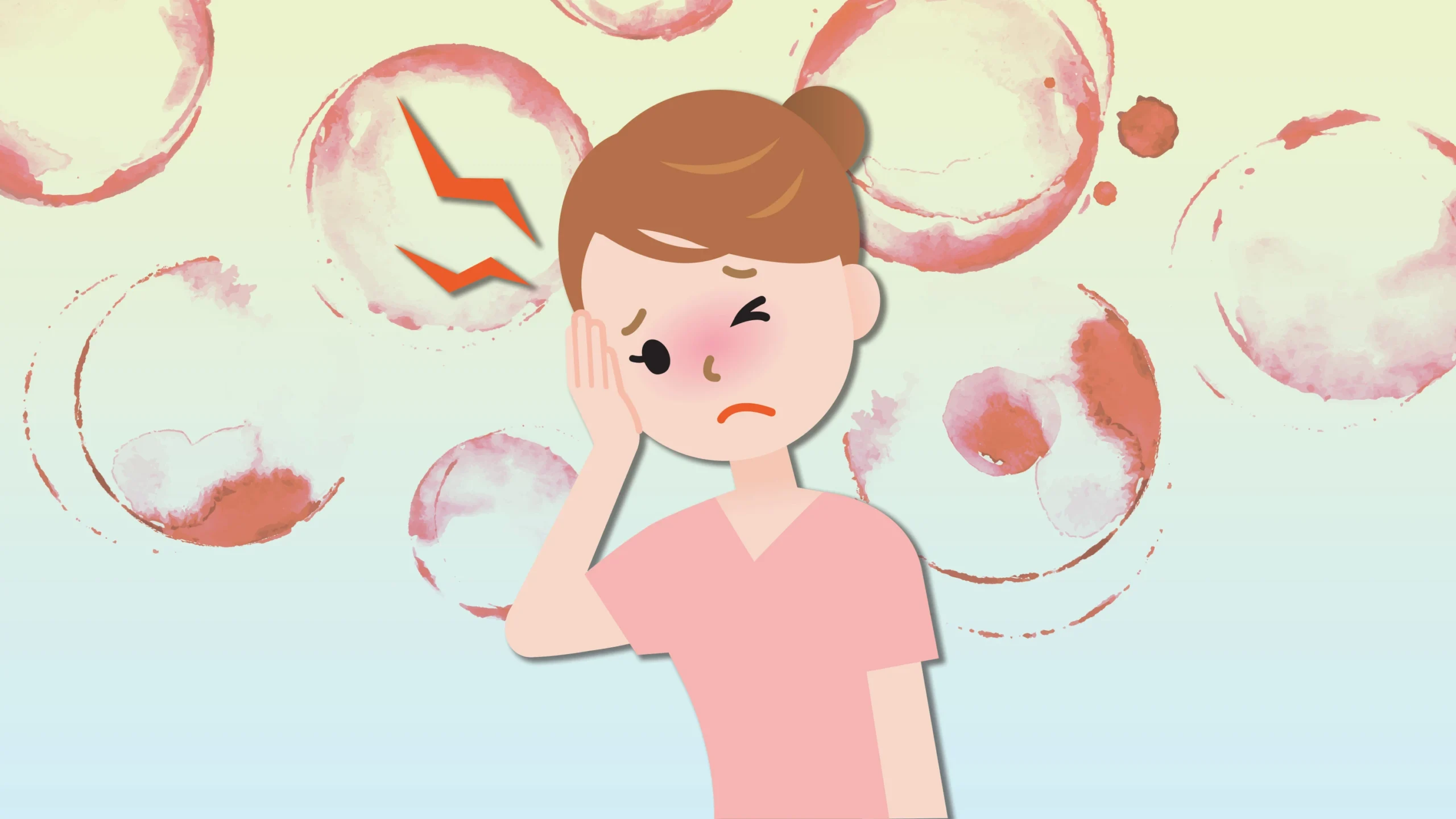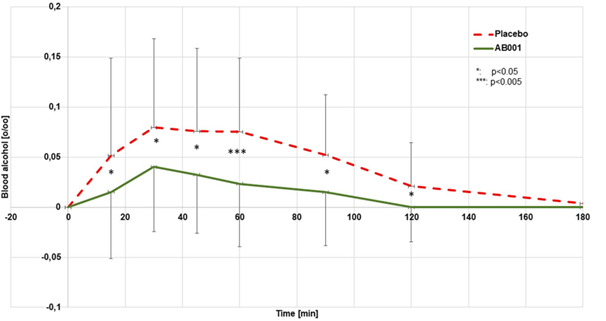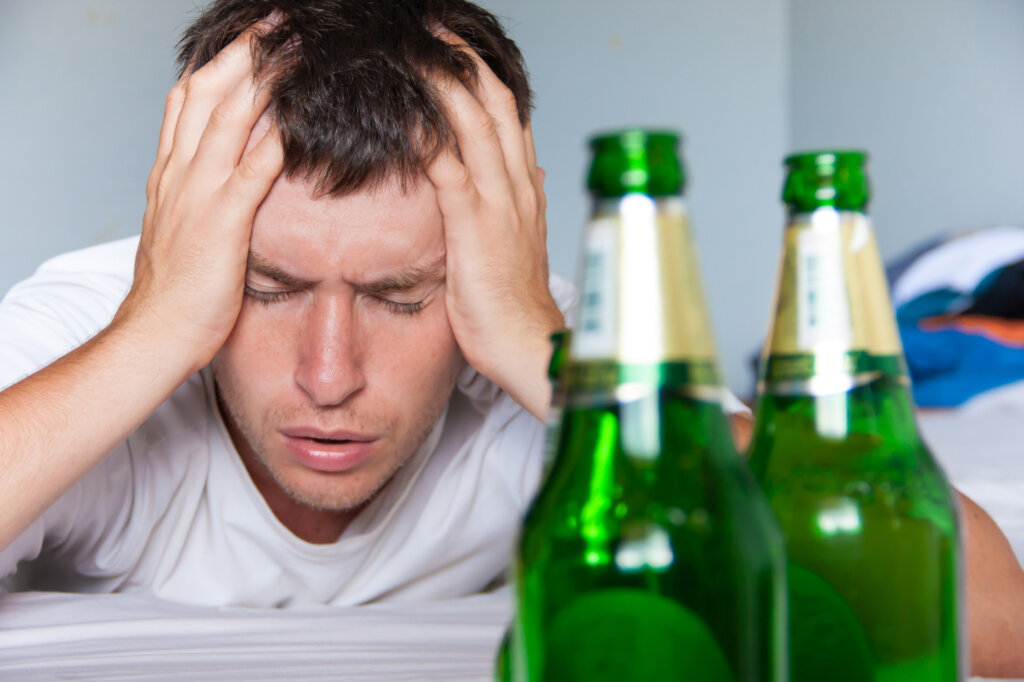By Charalampos Karouzos,
Throughout human history, alcohol has always been present and utilized by numerous cultures, as a socially accepted addictive psychoactive drug. It has been a part of social gatherings to celebrate or a means of relaxation after a hard day at work. Social drinking is accepted and only judged in those who tend to have a higher than moderate consumption. In reality, there is no level of alcohol use that can be considered completely risk-free. Drinking one glass of wine per day must not be considered healthy, as the beneficial substances of wine (red wine specifically) can be easily obtained by consuming the Recommended Daily Amount (RDA) of fruits and vegetables. However, the possible next-day effect of a hangover makes life and work unbearable, until the alcohol is metabolized out of our system. To prevent the ramifications of alcohol consumption, researchers from Germany and Sweden developed a “magic” pill to cure hangovers.
Prior to explaining the research outcome for curing hangovers, alcohol as a molecular substance must be presented. The alcohol we consume is chemically named ethanol and is a very simple, two-carbon, low in molecular weight substance that is mainly produced by a process named fermentation. Different types of alcoholic drinks have the exact same base, which is ethanol, and they vary based on the other components added to the drink. As everybody knows, 100-proof drinks do not exist, as they are dangerous for consumption and unpleasant to drink, thus beverages are either combined with water or juices, or fermentation is stopped after reaching the desired alcoholic degrees. Fermentation requires the usage of microbes, and specifically yeast. The reaction is simple. Sugars + Yeast – Oxygen = Carbon Dioxide and Ethanol.

Alcohol medically is a light psychoactive drug, desirable due to its suppressive role to the CNS (Central Nervous System). It is widely known that alcohol reduces stress temporarily, and many people use it for just that purpose. Although ethanol is a very simple molecule, it has a plethora of different effects on humans, altering our mental and physical state. Briefly, it acts as a suppressor of stress-related signals and an inducer of the reward system. Individuals that consume alcohol feel more relaxed and their decisions are not filtered by the same judgmental criteria as they would normally. People feel more confident and the release of rewarding substances at the level of the brain induces more alcohol consumption. The key to its addiction lies in the fact that alcohol also triggers the brain’s endorphin system. Endorphins are opioid neurotransmitters (brain signal transmitters) that form part of the brain’s pain management system.
The alcohol we consume orally is absorbed by the small intestine and is transferred to the bloodstream. Through the bloodstream, it reaches the brain where it mainly acts, causing alcohol-related effects. At the same time, alcohol is absorbed by the liver, the metabolizing center of our body, and is converted to acetaldehyde, a very toxic substance. Acetaldehyde is then converted to acetate, that can be released through the urine. The accumulation of acetaldehyde is responsible for the hangover symptoms we experience after heavy alcohol consumption.
Practically, everyone is aware that alcohol must be consumed moderately, but still, numerous individuals suffer from a hangover after a night out. A German-Swedish study is a novel approach to addressing this worldwide health problem. The researchers utilized a probiotic supplement, which is a specific type of bacteria species (Bacillus subtilis, B. coagulans) along with other necessary nutrients for their development. Specific Bacilli strains (types of Bacillus) were used, as they can metabolize ethanol contained in alcoholic drinks into carbon dioxide and water, thus reducing the overall alcohol absorbed by the small intestine. The subjects did not consume alcohol 7 days prior to the experiment and consumed the supplement or the placebo for 7 days before alcohol was introduced by the research team.

The approach seems to be a very clear-cut solution to reducing the alcohol absorbed, and so the acetaldehyde produced by its metabolism (causing the hangovers), without forcing a dietary restriction on individuals. However, a more thorough analysis of the study reveals many shortcomings. Firstly, the study sample was composed of only 24, white, healthy, with a mean age of 25, 4 years males and females. The issue raised by having such a pure race study is not cultural, but especially regarding the alcohol metabolizing enzymes, there is great intraindividual polymorphism among people of different descent, with Asian and African descent individuals metabolizing alcohol with a slower rate. Secondly, the amount of alcohol used for the study was very low. Of the 24 individuals, the data only from 14 people were used as the amount of alcohol consumed caused none or a minimal increase in blood alcohol concentration (BAC). The research team used 3 grams of ethanol per kilogram of body weight, which for a 70kg healthy male can be reached after 5 minutes of only one shot of 50ml of a strong spirit (40 alcoholic degrees, for example, 50ml of distilled gin)!
The study showed a statistically significant reduction in the concentration of alcohol in the bloodstream and in the amount of time necessary to metabolize the alcohol consumed (Figure 1). It is a study with a very positive outcome addressing a major health issue of humanity by providing a very easily applicable solution to it. However, the data obtained in this clinical scenario are to be enhanced by more wide-scale studies having fewer limiting parameters to reflect a more realistic situation in regular alcohol consumers and eventually in alcoholics.

The amount of alcohol present in the bloodstream in individuals that took the probiotic supplement is lower, and the time required for the metabolism of the alcohol is clearly reduced.
To sum up, it is well known that regular alcohol consumption, ex. by social drinking, is a potential source of consecutive health problems in many countries worldwide. In fact, almost 3.3million people die from alcohol abuse each year worldwide, accounting for almost 5% of all death. The study proposal of the usage of a probiotic supplement to cure hangovers may be implemented as a measurement to control toxic alcohol consumption but more data are needed to support the approach. Even if the usage of probiotics or another means of counteracting the effects of ethanol, is beneficial and effective, the best way to cure a hangover and prevent life-threatening conditions still lies in drinking less alcohol if any.
References
- Andreas Pfützner, Mina Hanna, Yuriko Andor, Daniela Sachsenheimer, Filiz Demircik, Tobias Witti, Johan de Faire, Chronic Uptake of A Probiotic Nutritional Supplement (AB001) Inhibits Absorption of Ethylalcohol in the Intestine Tract – Results from a Randomized Double-blind Crossover Study, in Nutrition and Metabolic Insights, vol. 15, 1-5, SAGE, 2022.




